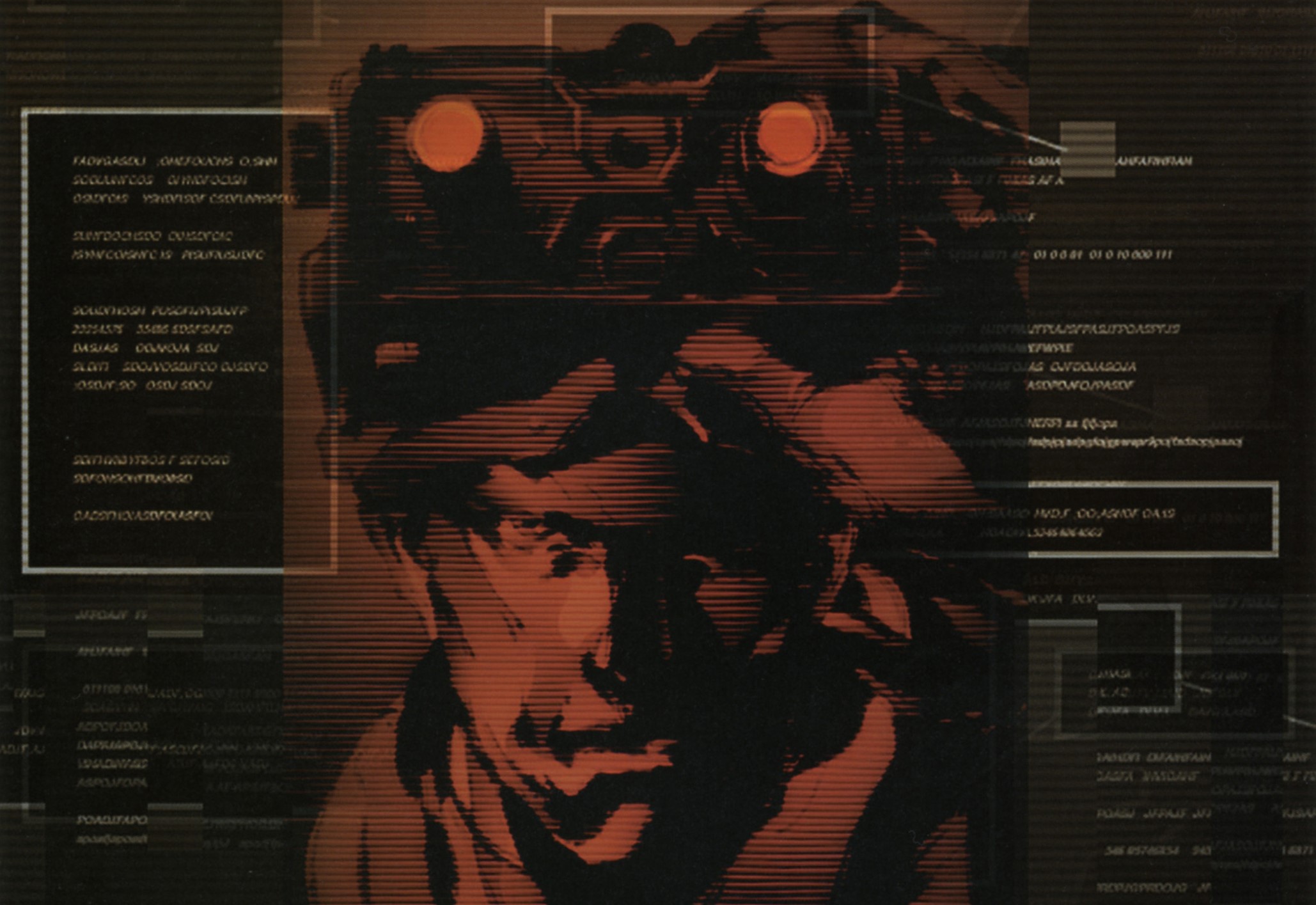Perfect Dark: Xbox's Spy Thriller Aims to Redefine Espionage
Last Updated: October 23, 2025

After years of quiet development and swirling rumors, Xbox has finally pulled back the curtain on its ambitious reboot of Perfect Dark. A stunning gameplay reveal at the 2024 Xbox Games Showcase re-ignited excitement, confirming that Joanna Dark's mission is not only active but aims to be the definitive, next-generation experience for fans craving sophisticated espionage and thrilling covert operations.
This bold project is a clear strategic move to fill a long-standing void in the secret agent gaming landscape, positioning itself as the spiritual successor to an era once dominated by giants like Metal Gear Solid and James Bond.
The Strategic Imperative: Filling a Genre Void
The core of Xbox's strategy for the Perfect Dark reboot is rooted in a clear market analysis: the relative absence of new, blockbuster entries in the first-person spy genre. For years, fans have eagerly awaited fresh installments in legendary series. Hideo Kojima's Metal Gear Solid, celebrated for its intricate narratives and tactical stealth, has been dormant. Similarly, the James Bond video game franchise, which delivered genre-defining titles like *GoldenEye 007*, has seen limited activity, leaving a significant vacuum for a well-executed, modern secret agent game to thrive.
Xbox has identified Perfect Dark as the ideal candidate to step into this void. Joanna Dark's universe, a rich tapestry of corporate espionage, near-future technology, and global conspiracies, perfectly aligns with the expectations of players. The intention is not merely to revive a classic but to position it as the premier contemporary secret agent experience, drawing in players who long for the intricate stealth mechanics, compelling narratives, and innovative gadgets that define the genre.
A Glimpse of the Mission: Gameplay Revealed
The 2024 gameplay trailer provided the first concrete look at how developer The Initiative, in partnership with Crystal Dynamics, is realizing this vision. Set in a near-future Cairo, the demo showcased a dynamic blend of gameplay pillars. We see Joanna Dark seamlessly transitioning between fluid, first-person parkour—sliding under barriers, vaulting over obstacles, and navigating complex environments—and tense, tactical combat.
The gameplay emphasizes player choice, allowing for both stealthy non-lethal takedowns using gadgets and skills, or engaging in full-blown firefights. Gadgetry, a hallmark of the series, is clearly central to the experience. The trailer showed Joanna using devices to analyze NPC voices for vocal-signature clearance, create distractions, and electronically disrupt enemy systems. This fusion of stealth, action, and traversal aims to create an "eco-espionage" thriller that feels both nostalgic for fans of the original and refreshingly modern.
A Legacy of Innovation and Espionage
The Perfect Dark franchise has always been synonymous with pushing boundaries. The original Nintendo 64 classic was lauded for its ambitious scope, offering a deep single-player campaign, a highly customizable multiplayer suite, and an arsenal of creative secondary-fire weapon modes. Its successor, *Perfect Dark Zero* on the Xbox 360, while met with more mixed reviews, expanded on Joanna's origins and the lore of the dataDyne corporation.
A modern reboot, therefore, carries the weight of this legacy. Expectations for cutting-edge graphics, refined gameplay, and a story that resonates with contemporary themes are immense. The gameplay reveal suggests the new Perfect Dark has the potential to re-establish Joanna as a premier gaming icon, distinguishing itself with its unique blend of espionage, science fiction, and high-stakes action.
A Long and Winding Development
The road to the game's reveal has not been without significant challenges. Development of a complex AAA title is a difficult endeavor, and Perfect Dark has been no exception. Following its initial announcement in 2020, the project went through a protracted period of silence, fueling speculation about its status. Reports emerged detailing a troubled development cycle at the newly formed studio, The Initiative, including significant departures of senior staff.
However, the project gained new momentum and stability when Crystal Dynamics, the veteran studio behind the successful *Tomb Raider* reboot trilogy, was brought on as a co-development partner. This collaboration appears to have been crucial in getting the game on track, culminating in the impressive 2024 gameplay showcase. Rather than signaling a project in peril, the long development now speaks to Xbox's commitment to getting this high-stakes revival right.
The Future of Espionage is Bright
The reveal of Xbox's strategic intent and the tangible gameplay of the Perfect Dark reboot underscores the enduring appeal of the secret agent genre. The desire for sophisticated stealth, compelling narratives, and innovative gadgetry remains strong among the gaming community. The gameplay reveal has transformed the project from a question mark into one of Xbox's most anticipated flagship titles.
While a release date remains classified, Joanna Dark's mission is officially underway. The insights into the gameplay and the clear strategic vision prove that this is not just a revival, but a full-scale reimagining designed for the modern era. The void left by Metal Gear Solid and James Bond may soon be filled, and a new generation of espionage thrillers could be on the horizon, led by one of gaming's original super spies.